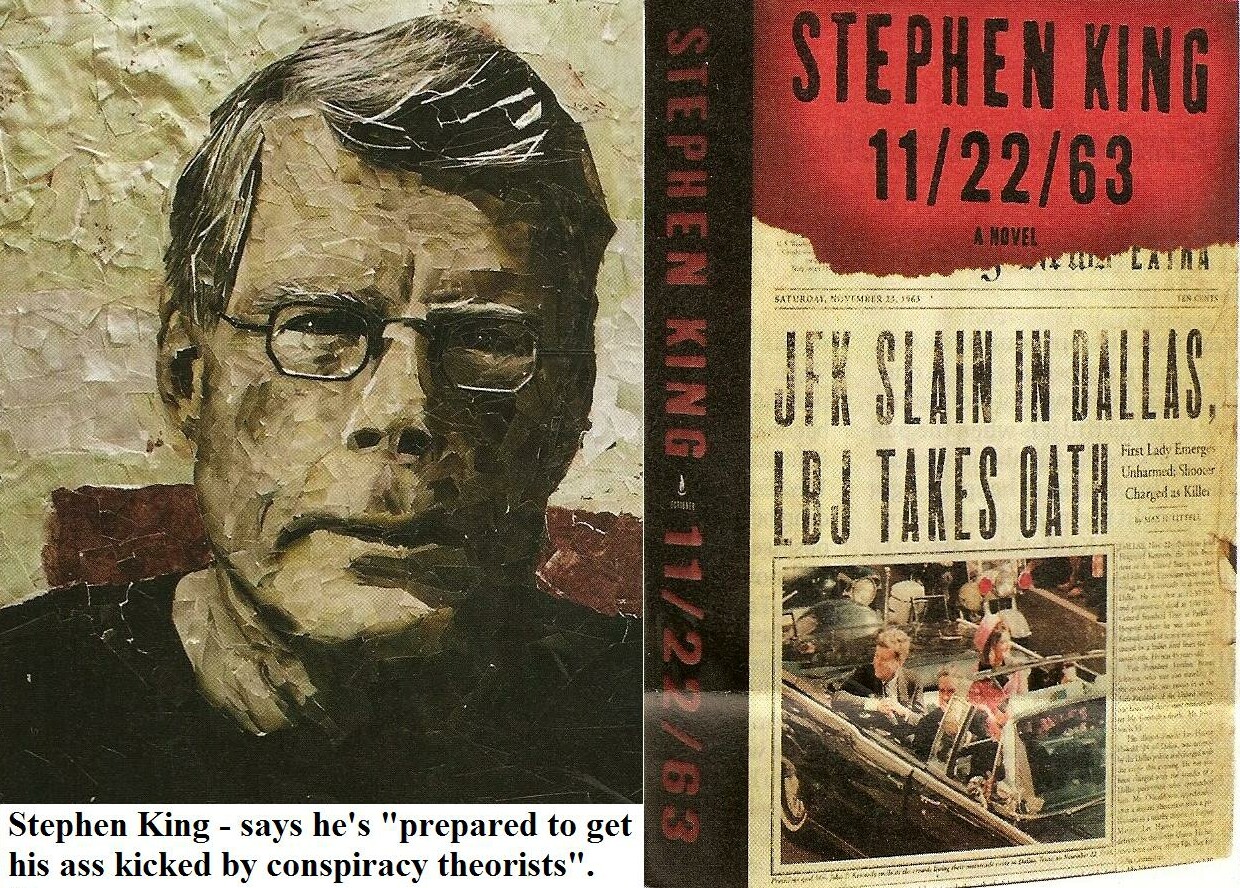

There is a reason for this: King is after something bigger. There is no extended discussion of the “grandfather paradox.” (“What if you killed your grandfather?” “Why on earth would you do that?”) The rules are simple. With that, King dispenses with many of the mechanics of time-travel - and thank God for it.

It’s 11:58 a.m., and everything you did on your previous trip has been erased. Two, each time you go back to the past, there is a reset. But when you return, no matter how long you’ve stayed in the past - two days, five years, whatever - only two minutes have gone by in the present. And keep walking until you feel your foot fall. Al Templeton, the owner of the diner, explains them to Jake Epping, an English teacher at the local high school. The rules of the rabbit hole into the past are outlined in the first pages of the novel. And John Kennedy, the young senator from Massachusetts, is still alive. The Kennebec Fruit Company isn’t a curio for tourists it sells oranges. “Vertigo” is showing at the outdoor movie theater - on its first run. On the other end is America under Eisenhower. The diner - and the time portal inside it - may last a few more weeks in the footprint of a burned textile mill. An unpopular diner has finally been bought out by L. In his new novel, “11/22/63,” it is a rabbit hole into the past that pops up in Lisbon Falls, a woebegone corner of Maine. In all of Stephen King’s work there is an admixture of the ordinary and the supernatural - call it the weird quotidian.


 0 kommentar(er)
0 kommentar(er)
